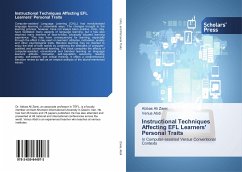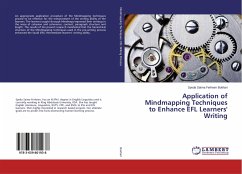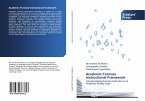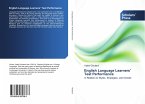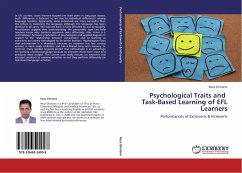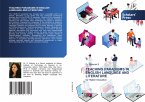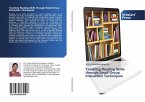Computer-assisted Language Learning (CALL) has revolutionized language learning in undeniable ways. The changes brought to the learning process, however, have not always been positive. CALL may have facilitated many aspects of language learning, but it has also deprived many learners of face-to-face, physically situated learning experience. This may have consequences for learning, especially through the effect it may exert on learners' attitudes, motivation, anxiety and other psychological traits. Blended learning may be claimed to enjoy the best of both worlds by combining the strengths of computer-assisted and conventional learning. This book compares the effects of computer-assisted, conventional and blended learning on language learners' attitude, motivation, self-regulation, autonomy, reading anxiety, self-esteem, and critical thinking. It offers a comprehensive literature review as well as an empiral analysis of the above-mentioned issues.
Bitte wählen Sie Ihr Anliegen aus.
Rechnungen
Retourenschein anfordern
Bestellstatus
Storno

